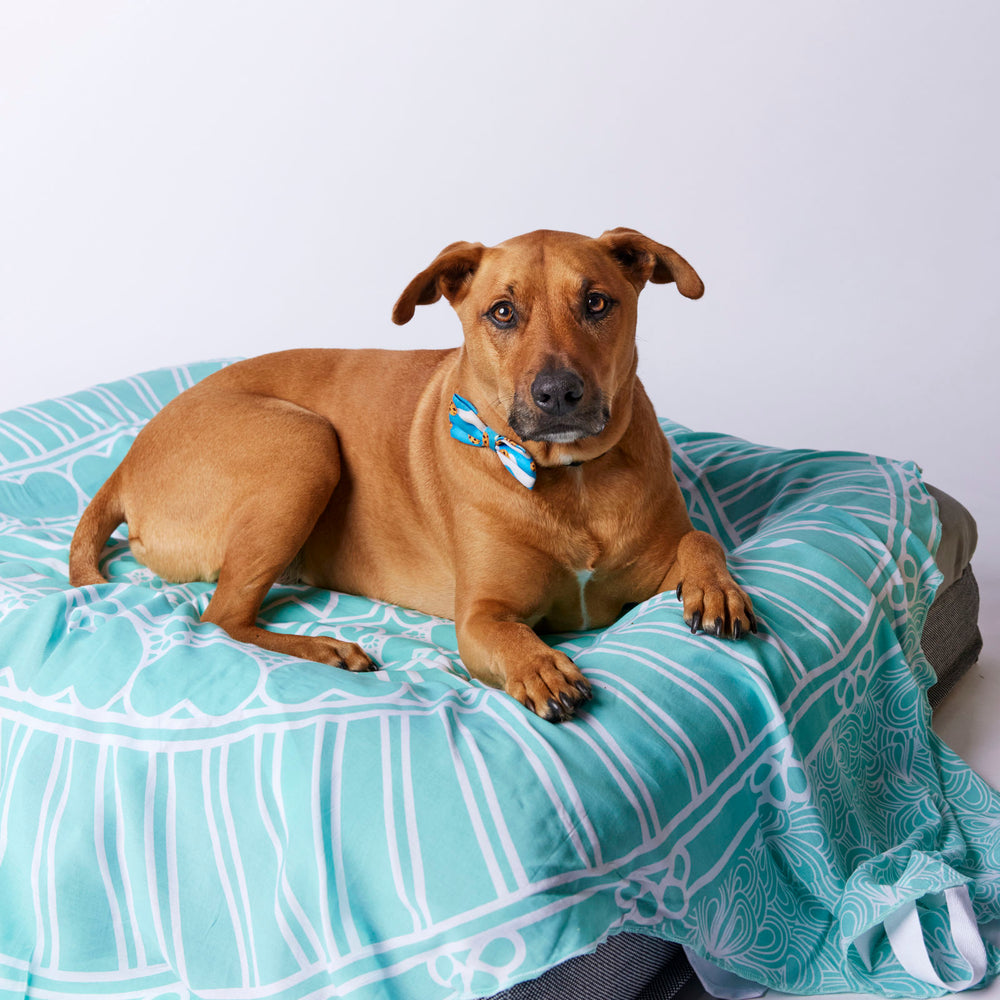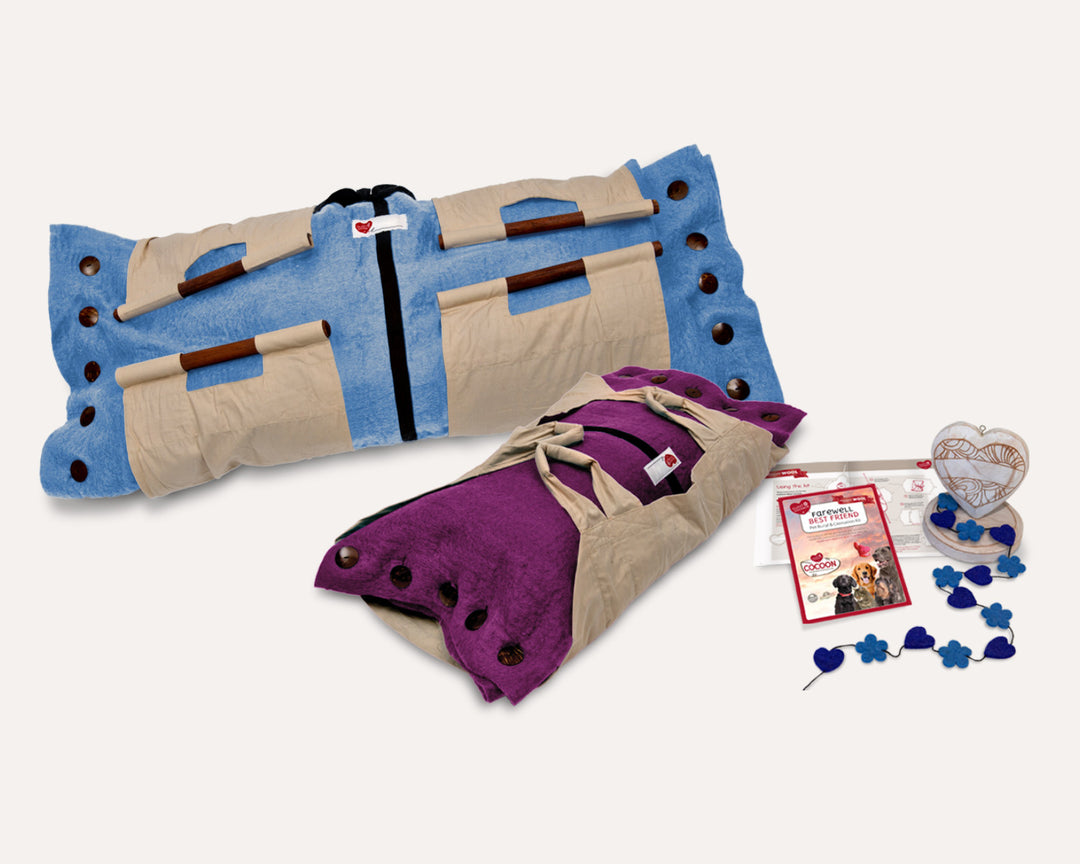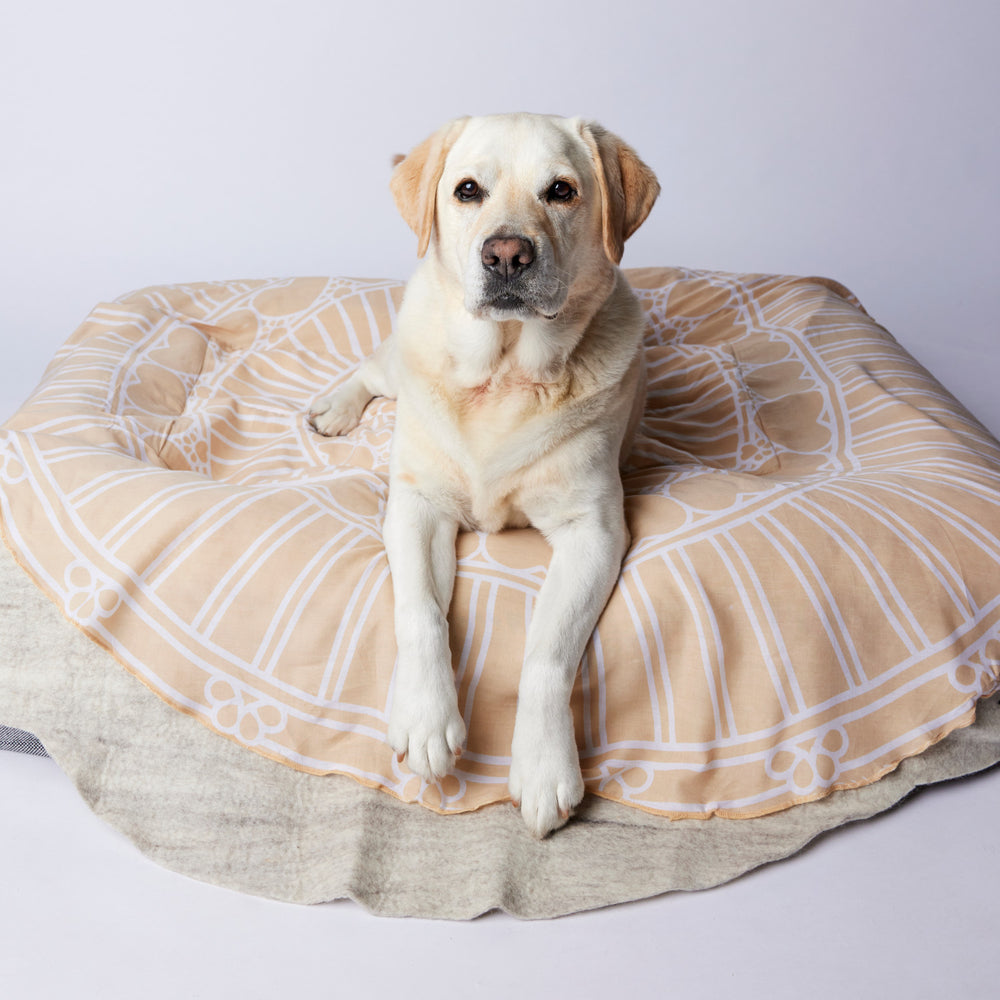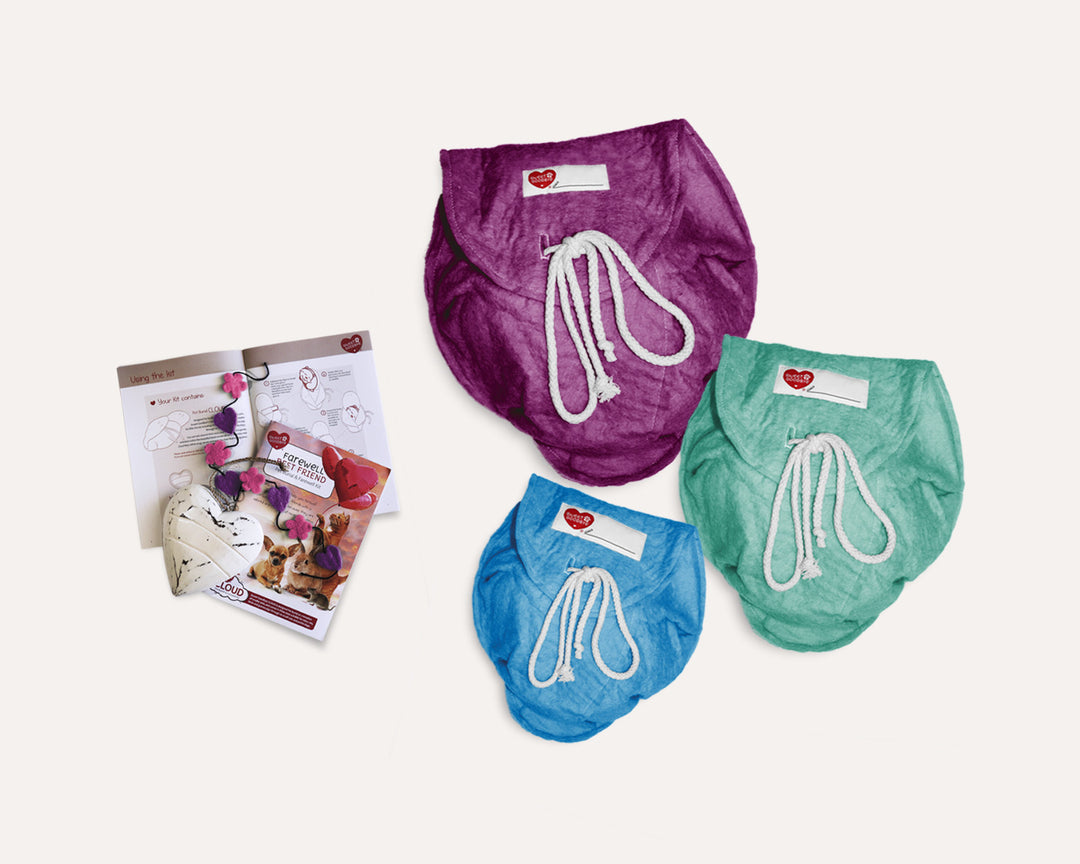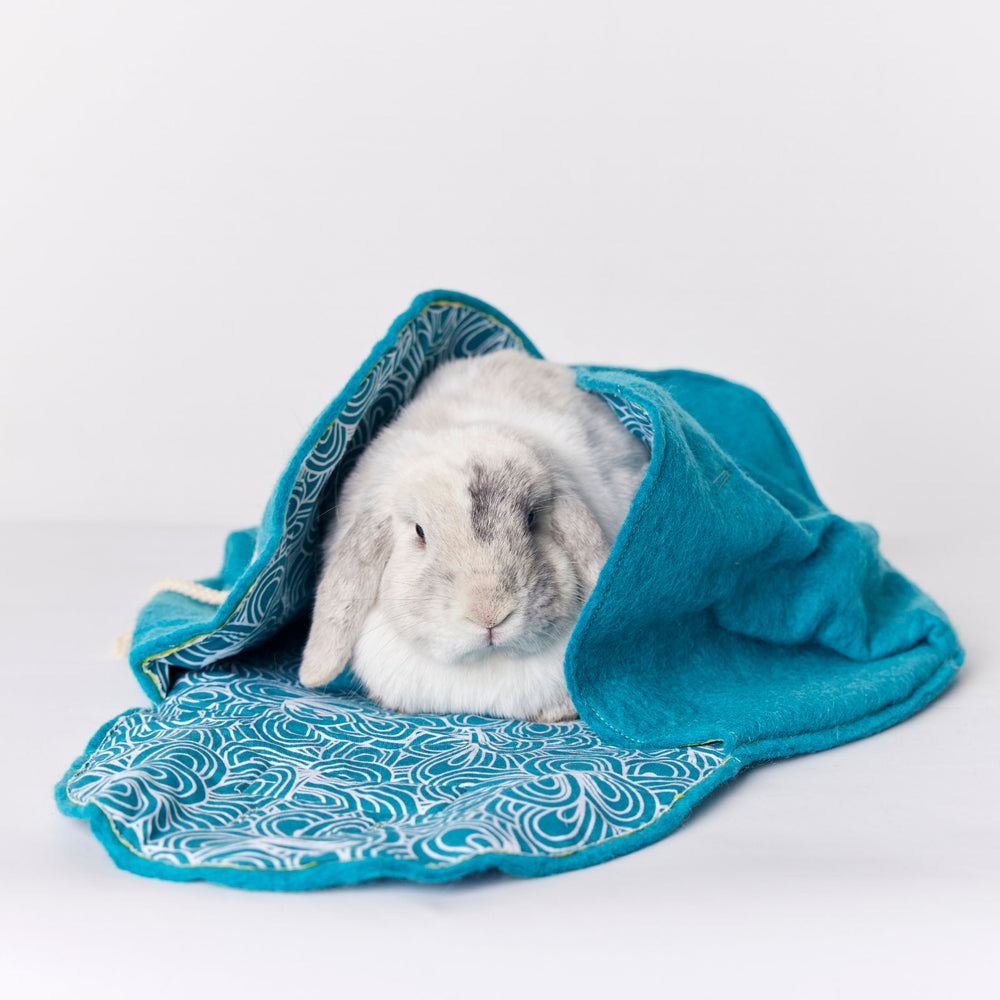How Seasonal Changes Affect Senior Pets: Tips for Winter and Summer

We all know that a change of seasons can mean that you change what you wear, the activities you might do, how you care for your skin - or even your diet! It’s the same for our pets - and even more so for our senior pets. As our pets age, they can become more sensitive to changes in their environment, including changes in the weather.
With summer just around the corner, we thought this was the perfect time to share our tips for caring for your senior pal when the weather heats up. We’ve also included some suggestions for the colder months so that you’re prepared all year round (or if you’re gearing up for a White Christmas!).
Summer
Watch their paws
During the peak of Australian summer, we all know how hot it can get, with temps climbing into the 30s and 40s in some parts of the country. WIth so much wear and tear from their youth, it’s important to keep an eye on your pet’s toe beans if they’re heading outside and onto hot surfaces. Signs to look out for are visible redness or blistering, or them licking their feet or limping.
Consider opting for shorter walks during cooler parts of the day. The RSPCA recommends walking during early morning or during the evening. Or, instead of hitting the pavement, you could take your pal to a local park, and give them a walk on cool and soft grass.
Go for a groom
Summer can be the perfect time to take your pet to the groomers or even get a fresh cut at home. Especially for our longer-haired pets, senior pets can struggle with heat regulation as they age, so the warmer weather can be a great excuse for a haircut. An added bonus - grooming can be a great way to check your pet’s skin for issues that can be more common in the summer months, like skin irritations and skin dryness. If you’re unsure about how short your pet’s haircut should be, be sure to check with your groomer or vet to avoid over-grooming.
Keep it cool
To help your senior pal with heat regulation, make sure that they’re spending as much time as possible in cool and well-ventilated areas. Avoid having them in hot spaces for longer periods of time, like a sunroom or outside in the backyard. If your pet is spending time outside, try to keep them in the shade as much as possible or head outside in the cooler parts of the day. If your pet likes a swim, you could also help keep them cool by setting up a paddling pool or having a supervised swim in the pool or beach. This can also be a great source of light and gentle exercise for our senior pals!
Hydration is key
Keeping your pet hydrated is so important for that all important heat regulation. Making sure they’re hydrated also helps prevent heat exhaustion and dehydration. You can do this by checking that your pet has constant access to water. Particularly if your senior pet is less mobile, making sure there are water bowls in different areas in the house that they often spend time in is key. If you’re finding it difficult to keep your pet hydrated, you could have a chat with your vet for any tips and tricks to keep them drinking. Resources like those from the RSPCA can also be helpful if you’re feeling stuck.
To make hydration even more appealing to your pal, you could also get creative with frozen treats or pet-friendly ice creams. This gives variety from their usual water bowls and can also be a chance to add in fruits or other frozen food to amp up the nutritional value.
Winter
Stay on top of grooming
When the weather cools down, dander can become more common for your pets. By regularly brushing your pet, it can help stay on top of any build up of dander and distributes your pet’s natural oils to keep their coat shiny and healthy.
Staying warm
Similar to keeping an eye on your senior pal’s temperature regulation in summer, you also need to be mindful when the colder months arrive. You may notice that your older pet struggles to keep themselves warm or retain body heat. Make sure your pet is staying indoors as much as possible, and in dry and insulated spaces. You could also consider investing in warm blankets and bedding, and even heating pads to give that extra layer of warmth. Aside from avoiding more serious conditions like hypothermia, keeping your senior pet warm promotes blood flow which can provide relief for their ageing joints and aches and pains.
Watch their weight
It can be common for pets to gain more weight during winter, when they become more sedentary and spend less time outside. Weight loss can have a range of impacts on an ageing pet’s wellbeing, including contributing to joint pain and arthritis. By taking proactive steps, you can make sure that your senior pal has healthy weight gain over the cooler months. Some ways to do this include encouraging light exercise indoors through activities like fetch and hide-and-seek, or by sticking to routine on meal times, to minimise snacking during the day.
The different seasons of the year can bring different challenges for your senior pet, so it's important to keep an even closer eye on their mental and physical wellbeing. There are often little changes that can be made to their environments and routines that make a world of difference when temperatures are climbing or dropping.





